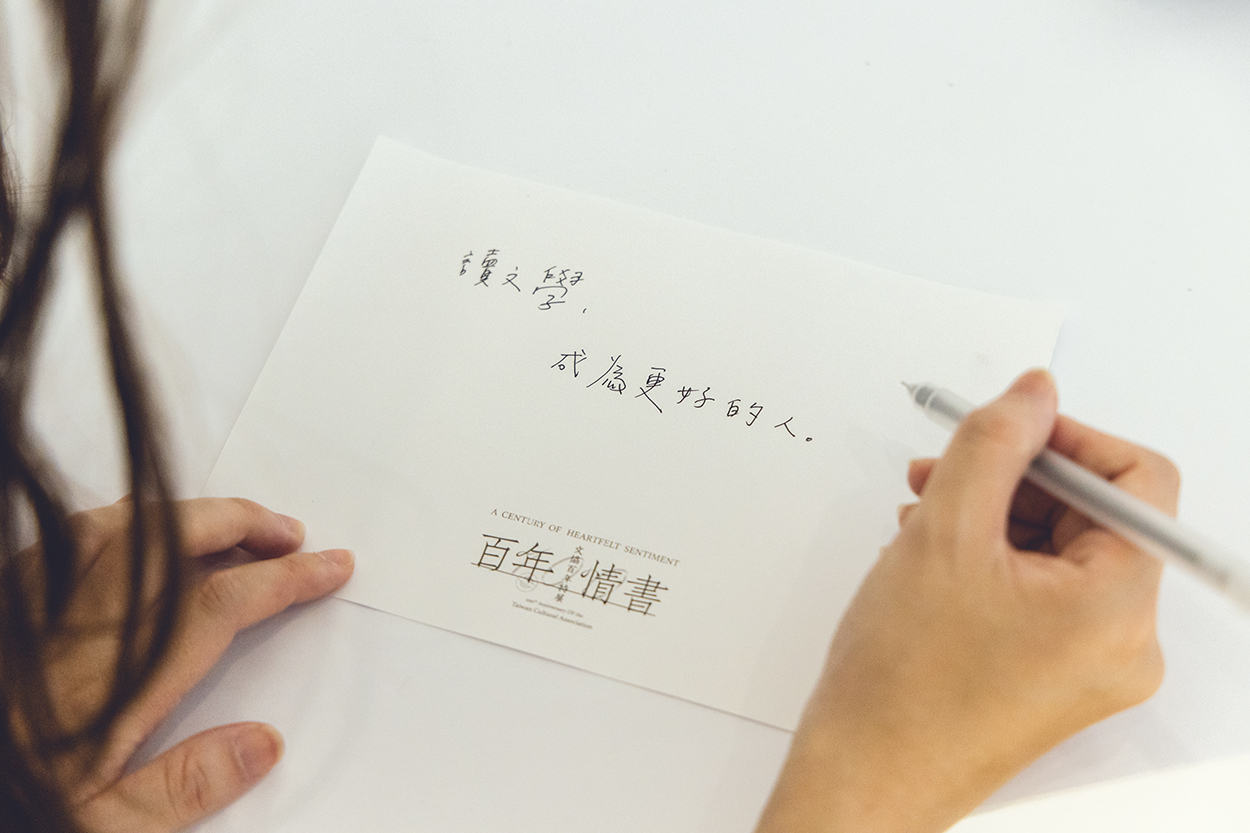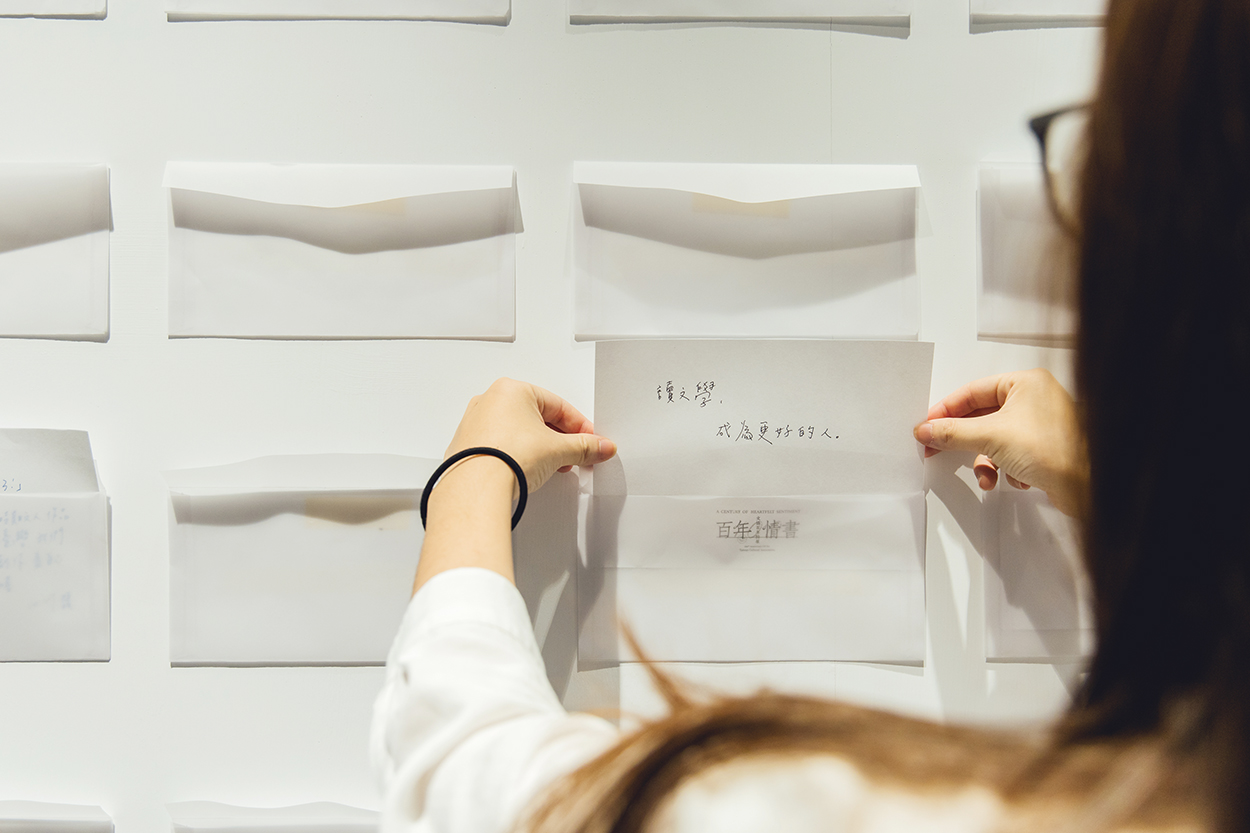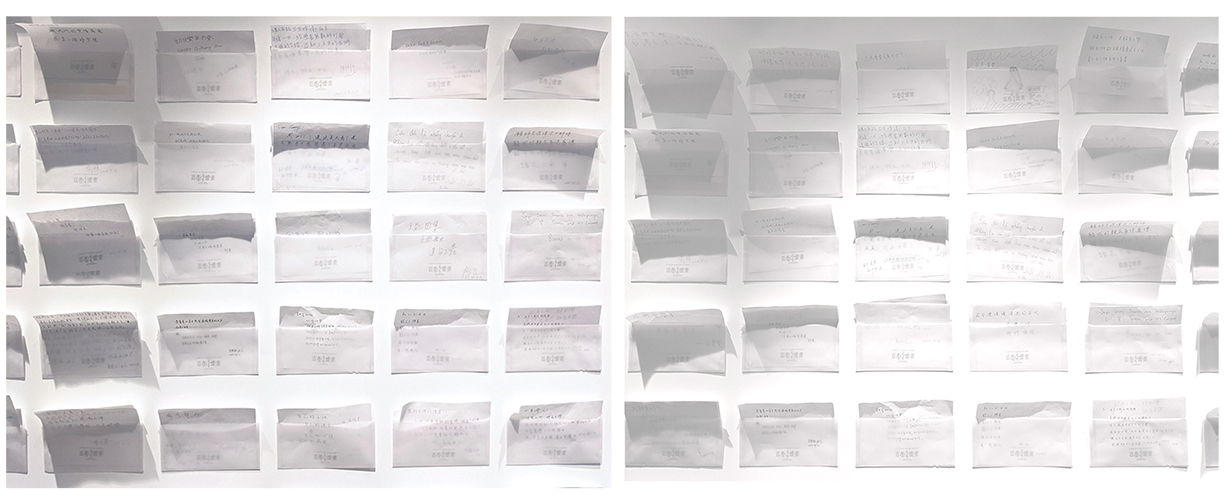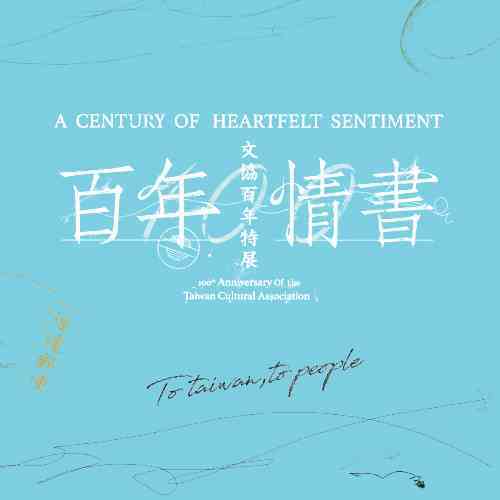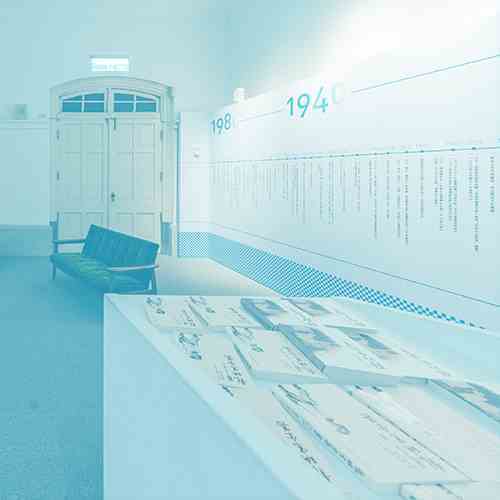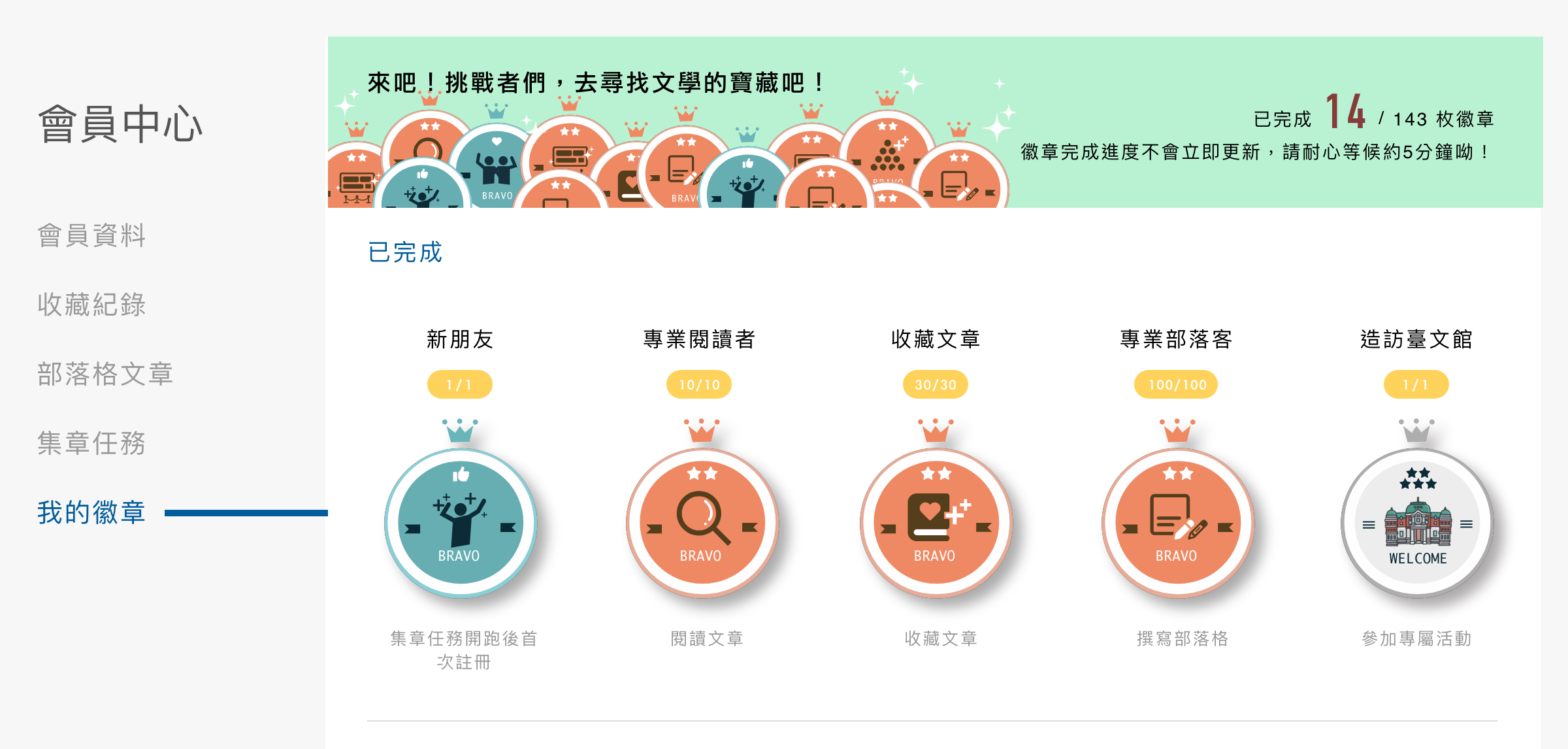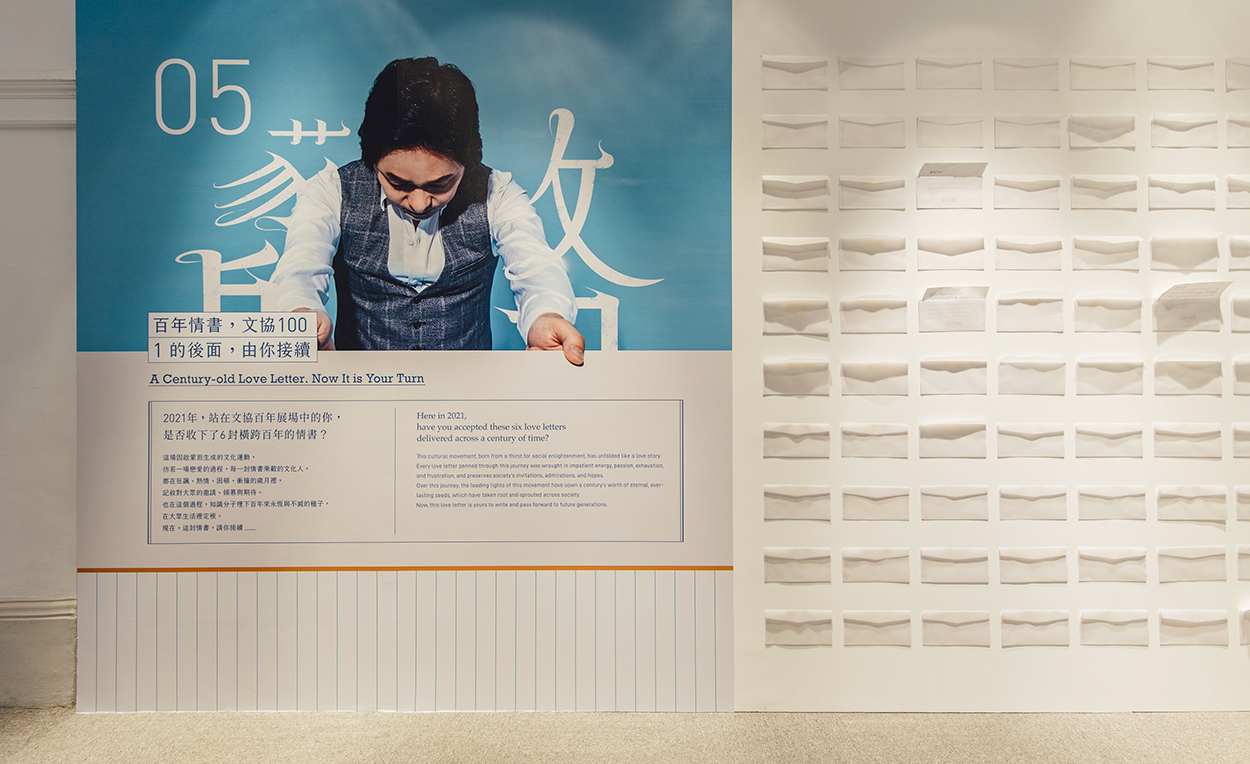
After browsing this online exhibition, have you accepted these six love letters delivered across a century of time?
This cultural movement, born from a thirst for social enlightenment, has unfolded like a love story. Every love letter penned through this journey was wrought in impatient energy, passion, exhaustion, and frustration, and preserves society's invitations, admirations, and hopes. Over this journey, the leading lights of this movement have sown a century's worth of eternal, everlasting seeds, which have taken root and sprouted across society. Now, this love letter is yours to write and pass forward to future generations.
🎬 Film: CLIFF IN THE AFTERNOON (Director: Lee Chia-hua; Actor: Cheng Yu-chieh; Production: Taiwan Citizen Media Cultural Association; Producer: National Museum of Taiwan Literature)
Long Ying-zong's CLIFF BEFORE NOON was published in 1985. It was translated by Chung Chao-cheng. The book features Long's works of fiction written in the Japanese Colonial Period. The front and back covers are marked with "Anthology of Taiwanese Literature-I," meaning that a series of books was meant to be published in the beginning. However, only this book was published. Everything is thus a pure accident or a hidden, unspoken secret. Ever since the 1920s, Taiwanese literature has been a topic discussed fervently by generations of intellectuals in Taiwan. There have been several fierce debates, with each party insisting on its own views. Diversity is a longstanding feature of Taiwanese literature. Taiwanese literature embraces different languages, different social classes, and writers with differing views on politics and human rights. It also contains discussions on writing systems and expressions.
CLIFF IN THE AFTERNOON, a film based on the work "CLIFF BEFORE NOON," points out that Taiwanese literature still stands precariously atop a cliff in the cultural landscape despite its survival through different historical eras. The film makes use of a love letter written by a literary enthusiast (I) to Taiwanese literature (You), and travels back to the beginning of "our" encounter. Each era has compelled me to embark on a journey to look for "you." This pursuit must have an end. The debates concerning "you" have changed the history of literature. "I" have been painstakingly looking for "you," and the image of "you" has become clearer. This journey is a process of witnessing the birth of Taiwanese literature and its difficult existence.
Yeh Shih-tao once said, "Literature draws life from the land." However, it is as if "I" had seen "you" at the edge of the cliff telling me with resolution and courage: "There is no land if there is no literature."

